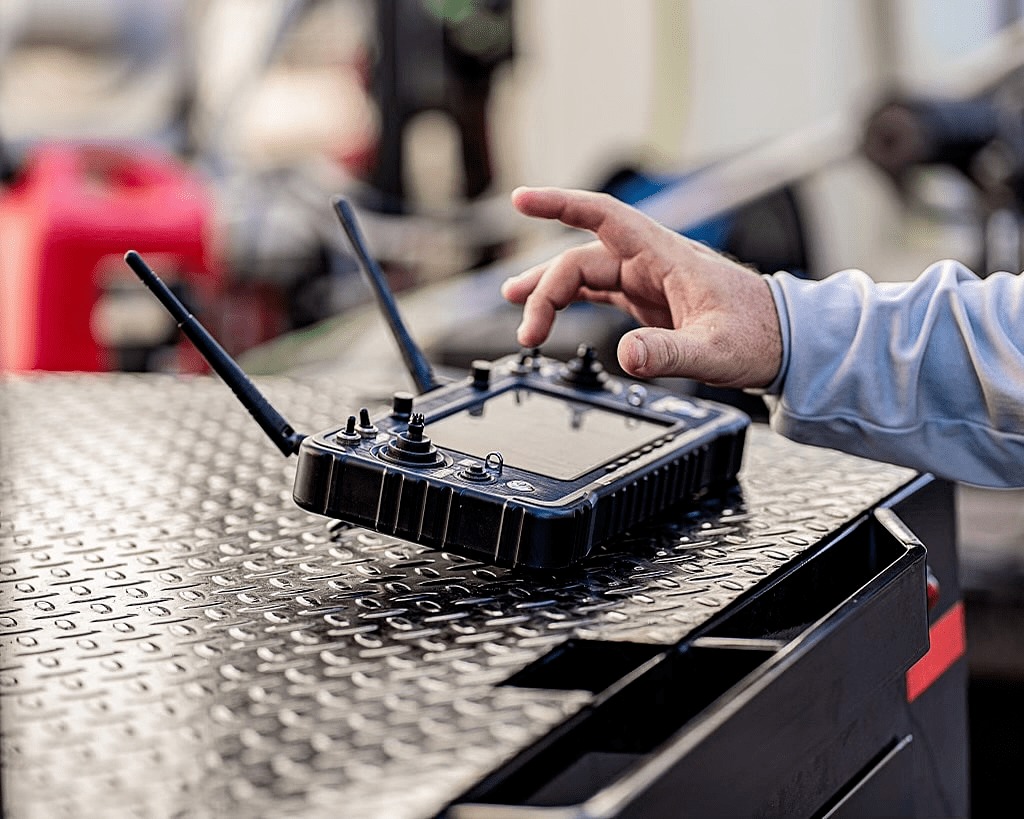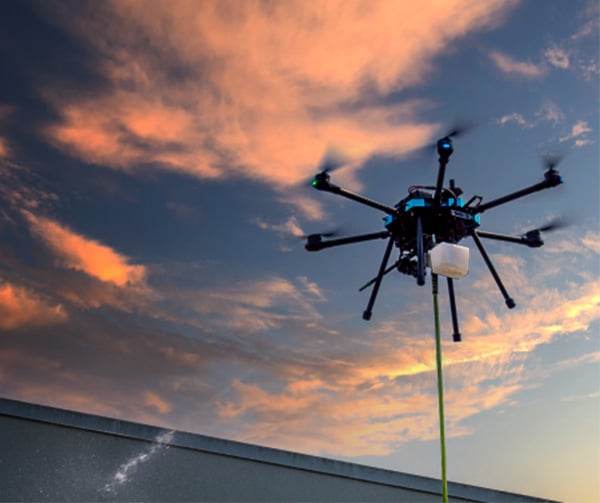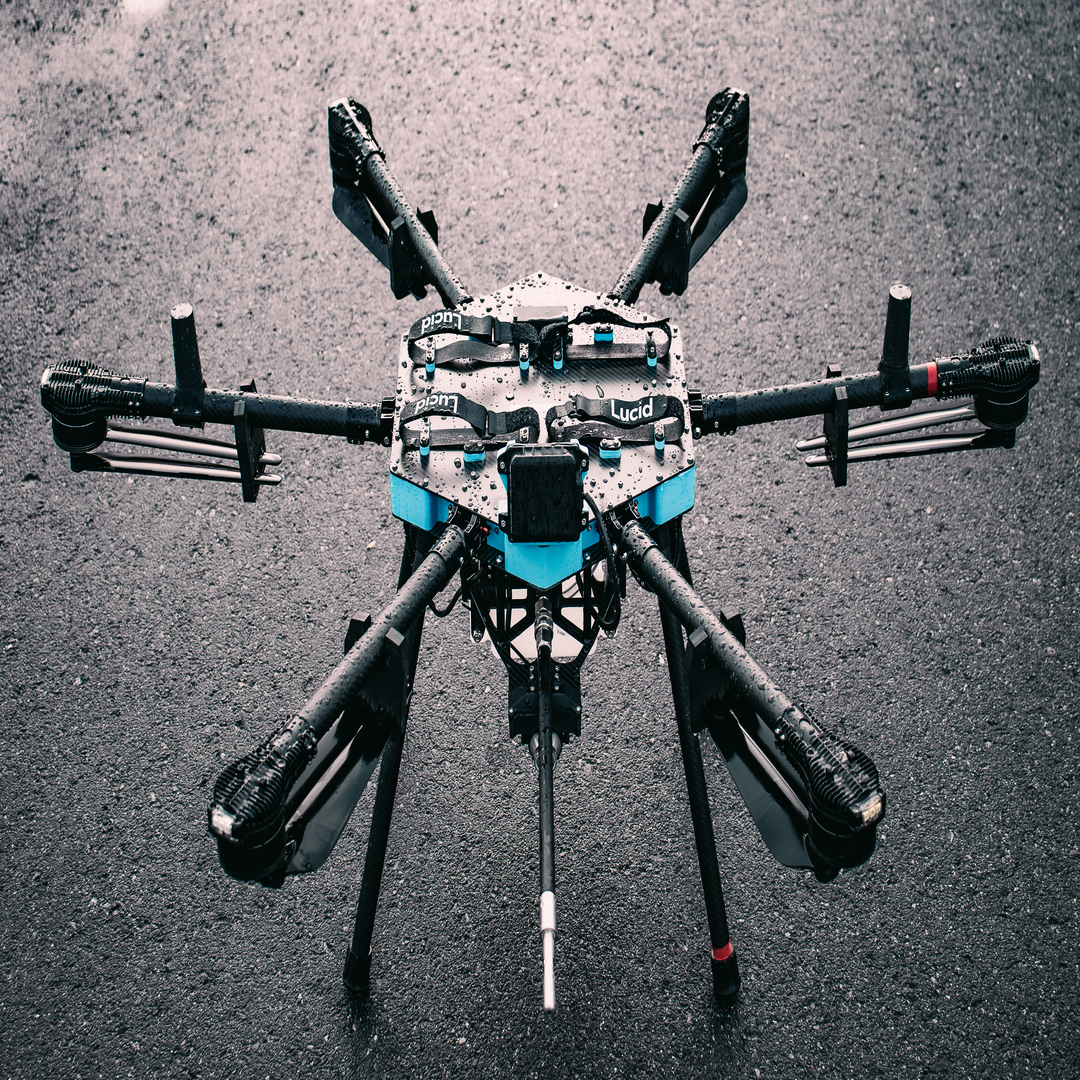Open an Exterior Cleaning Business with a Drone!
Is it profitable to open an exterior cleaning service business? Did you know that the global market for drone services is expected to reach $63.6...

There are many reasons why people learn to fly drones. Some become drone pilots to become certified drone operators or to boost their careers going into exterior cleaning services. Nonetheless, others learn it for recreational purposes.
Before buying an unmanned aircraft and learning how to fly it, it is vital you know the Federal Aviation Administration (FAA) Drone Laws. It can help you understand what kind of beginner drone is best suited for you and is permitted in your state.
In this article, we will review the basics of drone flying so you can learn how to fly a drone.
Drones are becoming simpler to fly, and with advancements in automated flying technology, they are becoming even faster for newbies to fly like an expert.
Some beginners are ready to fly within minutes of flying drones for the first time, depending on their skills, experience, and the drone they have bought. Others need a lot of practice flight time with an expert instructor to get everything just right.
The amount of time it takes to learn to fly a new drone usually depends on the type of drone.
Small drones with cameras come with automated features for obstacle avoidance and stabilization. It makes them easiest to fly and can be learned in 5 hours with the help of tutorials. However, you may need a little longer to perfect using the drone’s camera to take high-quality pictures and videos.
The hardest drones to fly are the racing or FPV drones, as they rely on the first-person view and don’t have many automated functions. Flying an FPV drone can take up to 500+ hours of practice.
While some drones can take hours to master, Lucid Bots offers drones that are easy to fly, even for first-time flyers (in fact, it’s so easy to fly, even a grandma could do it).
With Lucid Bots, you can access training material for licensing and advance your skills on the way to becoming a licensed commercial drone pilot.
Before taking your first drone flight, you need to first understand the standard configuration of the UAS and how it functions.
The left joystick enables the aircraft to rotate left or right while remaining level with the ground.
The drone's throttle controls the amount of power sent to the drone's motors, allowing the pilot to increase or decrease flying speed.
Yaw defines the movement of the drone either clockwise or counterclockwise.
Pitch refers to the forward or reverse inclination of your drone.
Roll refers to the movement of your drone to the left or right.
The gimbal is one of the most expensive drone components to repair, located most frequently in the upper left area.
This control enables you to pull up or down, and the speed is determined by the amount of pressure you apply.
It is important to ensure you put the gimbal cover on as soon as you power off your drone.
Return to Home (RTH) is a failsafe mechanism that enables your drone to safely return to a predefined home point. This mechanism can work if the drone loses connection with the remote controller, the drone’s battery runs out, or the operator decides to do so.
Here are some things to know about RTH:
Before you become an expert drone pilot, you will need to learn a lot of things.
It is best to begin by learning about how drones function and what makes them fly. You can also experiment with various types of drones and quadcopters to find the one that best meets your requirements.
Once you cover all these areas, you will be ready to practice flying.
Always remember: Your first flight will never be perfect. Get plenty of flying practice with your drone in the open space in your line of sight. Practice in a safe space is important before using the drone in real-world scenarios where other people, animals, or property could be harmed or damaged if something goes wrong.
It is also ideal to practice around other drone operators. But in case you can’t step outside of your house, you can also use a simulator for drone flying practice. Using a simulator for practice is much like playing a video game where you can plug the remote control of your drone into your computer and practice virtually.
Whether you want to learn to fly a drone for commercial or recreational purposes, you need to first understand how a drone functions and then practice a lot. Also conduct sufficient research before buying a drone and check out the best drones for your needs.
Personal use mini drones are more automated and easier to learn. While commercial drones not only need a lot of practice, but you also need a license to become a commercial drone pilot. This solution is one that can help you or your organization to make money, however.
Lucid Sherpa Drone by Lucid Bots is an innovative new tool for exterior cleaning service businesses.
The Lucid Bots cleaning drone is ideal for the soft washing of roofs, commercial window cleaning and cleaning of tough, high, or hard-to-reach areas. Other perks? It comes with great battery life and advanced safety features.
It’s time to open your business to bigger opportunities, become more efficient, reduce injuries and accidents, and your equipment needs!
Invest in the future of exterior cleaning with us today by getting in touch!

Is it profitable to open an exterior cleaning service business? Did you know that the global market for drone services is expected to reach $63.6...

Expand Your Business with Drones In today's increasingly competitive and fast-paced world, businesses need to identify unique ways to stay ahead of...

Drone Usage Is on the Rise for Window Cleaning Did you know that the global market for commercial drones is expected to reach a value of almost $71.2...